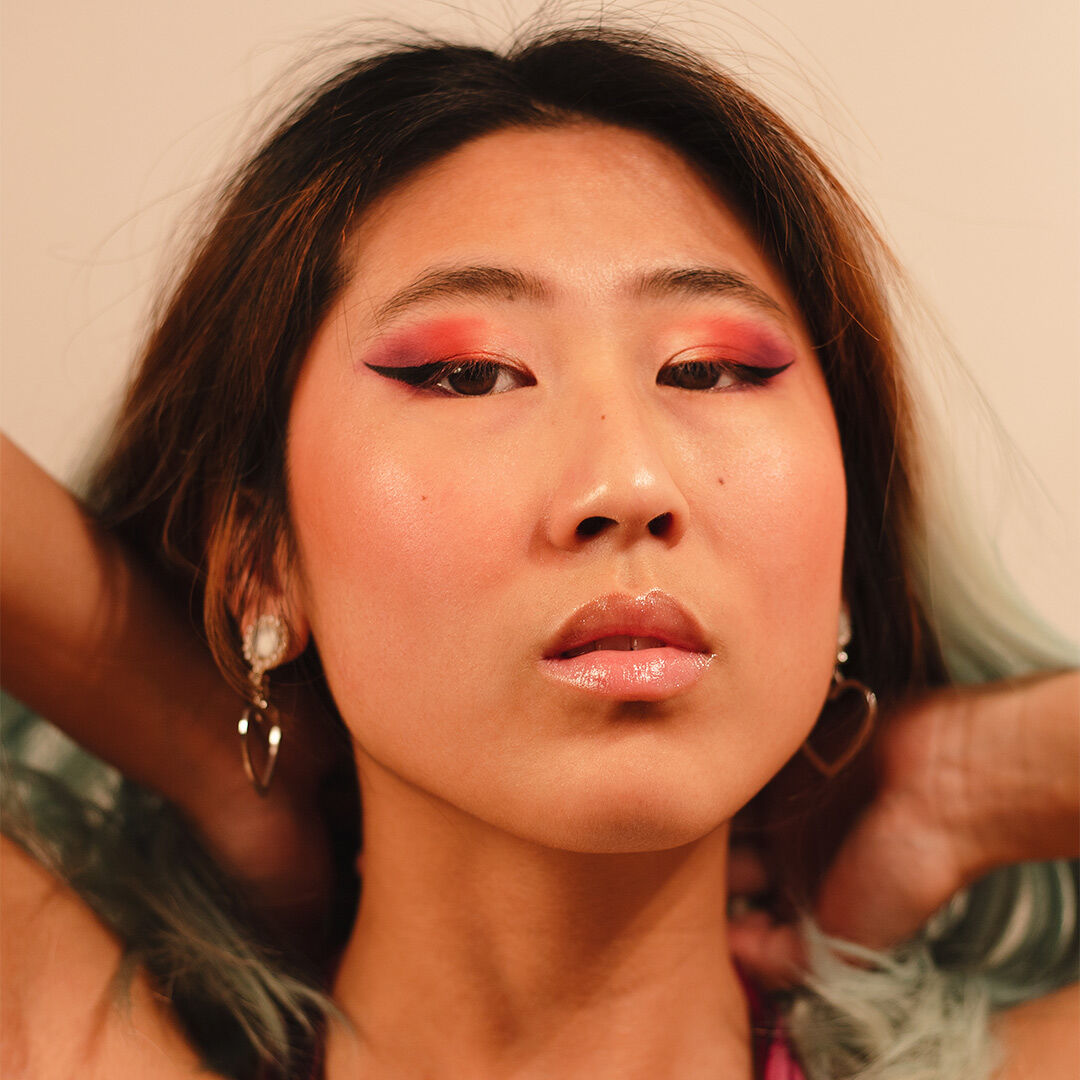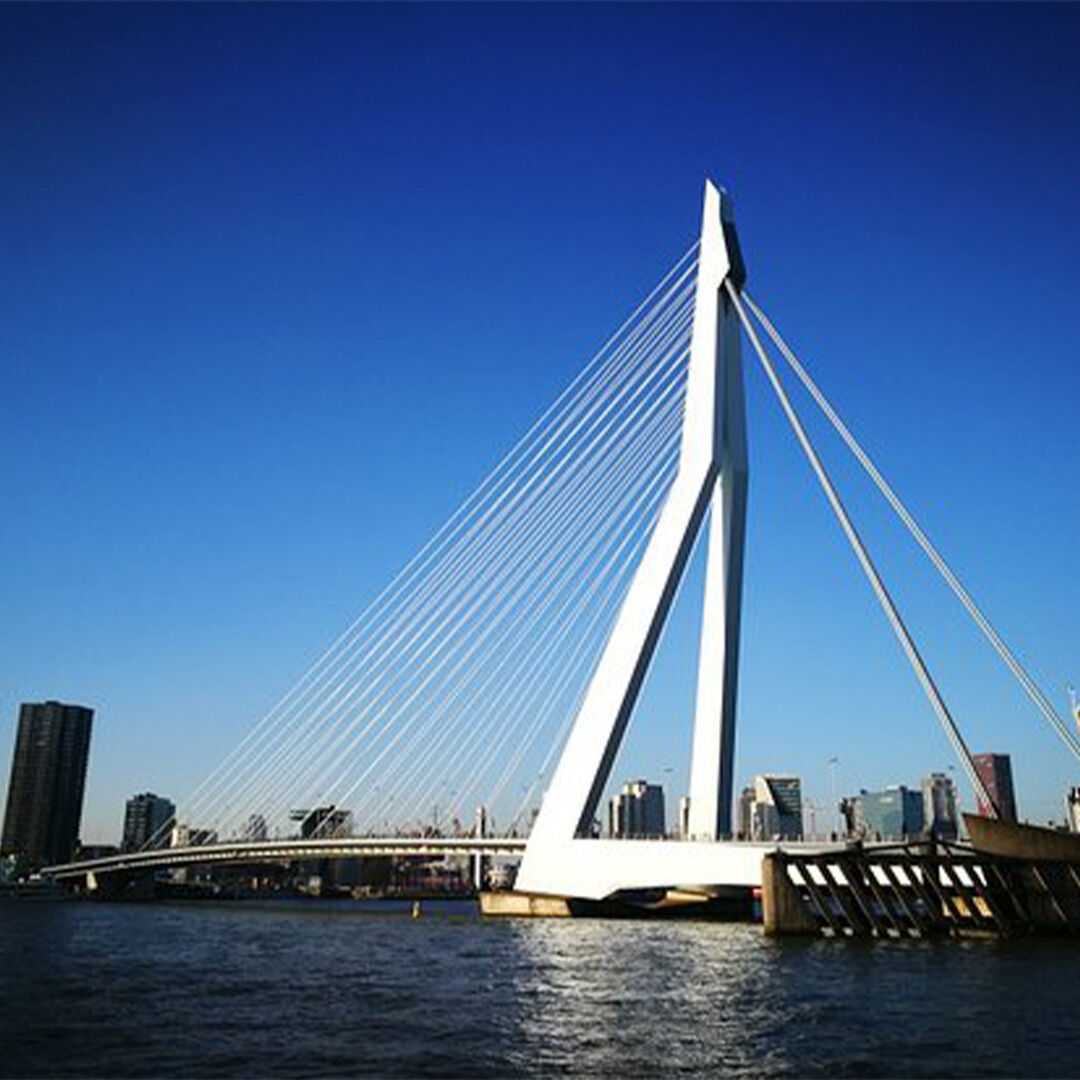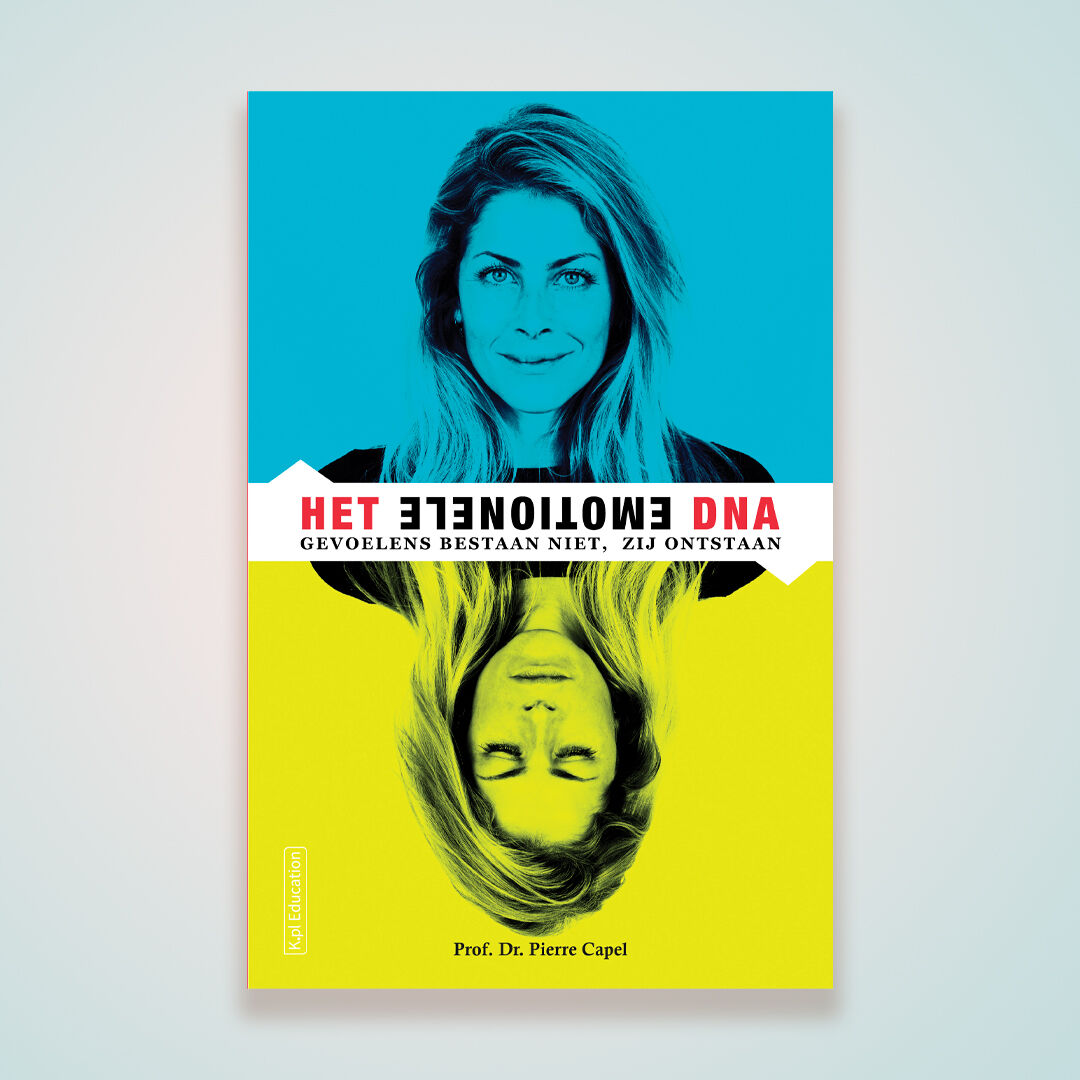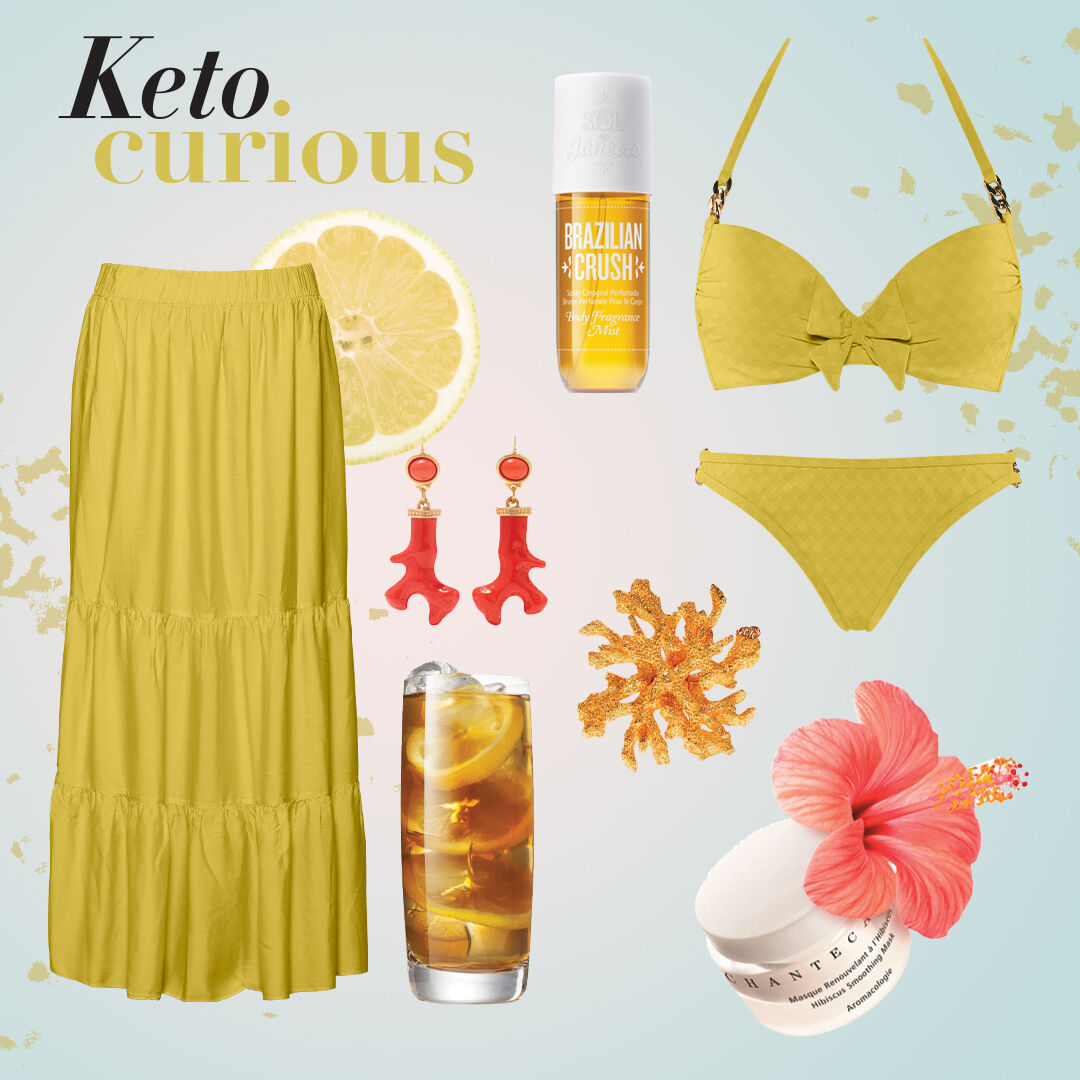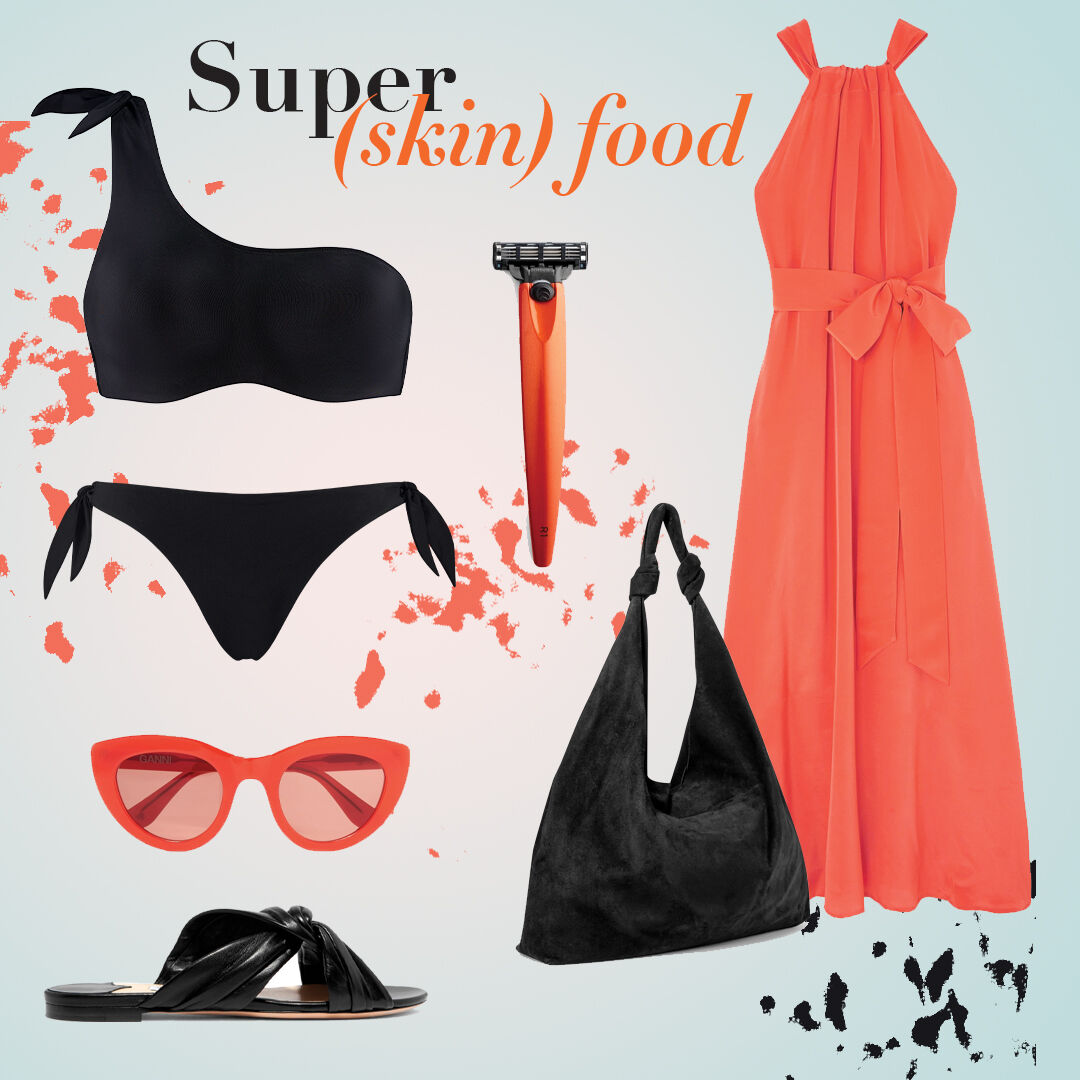Own your spots with Rui Jun Luong, founder of Asian Raisins
Meet Rui Jun Luong, a multidisciplinary designer on a journey to inclusivity. She describes photography as “a way to express and capture her observations”. Growing up in The Netherlands, she noticed that there were not a lot of Asian people around. Rui Jun now explores themes like identity, diversity and inclusivity through her work. As the founder of the ‘Asian Raisins’ Asian racism awareness community, she strives to achieve the elimination of (unconscious) racism and discrimination. Only then, everybody will be able to safely and proudly own their rightful spot in society!
You take action against anti-Asian racism in many different ways. What was the moment you decided: I have to fight for this?
I have been aware of racism and discrimination from a very young age. I opposed against it and tried to say something about it, but it was structurally downplayed or not taken seriously by organizations like, for example, my school.
During my studies at the art academy, I started doing research on my family history. My parents taught me that education is extremely important, so that was the focus at home. With a school project as an ‘excuse’, I was able to ask questions about topics that were normally being avoided at home. The past was pretty much ignored, as if it never happened, and we only looked to the future. The past was taboo. Knowing more about my family history I looked back at my own life, on what I have experienced and how this has shaped me as a person. Without realizing it, I also downplayed my past, leaving trauma unresolved. I did not think about it; at some point racism and discrimination became normal parts of my life. I thought to myself: “What can I do about this, how can I change things? I’m just one person.” It made me realize that the problem is much bigger than myself.
I grew up in a mainly ‘white’ area. This area demanded patience; school after school, internship after internship, I was hoping that things would get better. We all become older and wiser. Usually time heals, right? At least I thought it would get better. I expected someone else to start some kind of improvement, or maybe a change would occur naturally. But over the years it never did. I found myself in the same situations, that were immersed in racism, over and over again. It didn’t matter who said it, or where it happened, it kept on chasing me. I was patient, but counting on others only brought me disappointment. As a result, unfortunately, I had to lower my expectations of others. I realized that change doesn’t just come from nowhere. You have to take action and create that change yourself!
Where do you find the strength and inspiration to speak up and take action against racism like this?
I am inspired by others that are ahead of me in the battle against racism. These people stand up for an inclusive and equal society for everyone. Together we stand stronger! I also read books, watch movies and series, and listen to podcasts to learn more and to be inspired.
How does (unconscious) racism affect your confidence and the way you express yourself?
I actually lost all of my confidence because of the daily confrontation with the nonsense that I ‘don’t belong here’. When I was younger I really wanted to have blonde hair, blue eyes and to be tall. That way I wouldn’t have to deal with racism. It was very hard for me to be myself because I couldn’t change my identity and culture. The ongoing racism caused me to feel inferior and ‘not good enough’.
The Black Lives Matter movement, #stopasianhate, and increasing awareness for indigenous cultures. What is the role of social media in creating awareness for racism?
Social media plays a huge role! We are very dependent on the internet nowadays. Asian Raisins started and grew through social media. We now have a team with over 88 volunteers and we are growing every day. In addition, the Asian Raisins community is active on Discord (300+ people) and Facebook (almost 4000 people). New, close-knit groups of friends have emerged, as we all face the same problems; even though we are all different. Together, we now know: we have a voice, and we are using social media to let it be heard!
On the news we see shocking footage of hate crimes against Asian-Americans in the USA. Do you see a difference within racism in the Netherlands compared to other countries?
The difference lies within the history of those different countries. Even though there is also a lot of overlap in the history of racism across different countries, it has developed in different ways. It can take many different shapes, that’s why it’s not always acknowledged nor recognized as racism. The core of racism is white supremacy, which is perpetuated to this day by institutional racism and ethnic profiling. The recent Dutch childcare allowance scandal is a horrible example of this.
Abuse, nasty comments, discrimination; true equality seems a long way off. Where do we start? What’s the first step for anyone to take?
Start by really listening to what people have to say. Take the initiative to read important books like ‘Hello white people‘ by Anousha Nzume, or ‘Why I’m No Longer Talking To White People About Race‘ by ‘Reni Eddo-Lodge’. Watch films and documentaries like ‘13th‘ and ‘Two Distant Strangers’. Open up to new insights and look at things from a different perspective. Open the conversation with friends, family, colleagues and acquaintances. Realise your own privilege and learn to actively take action because, like I said, change doesn’t just happen on its own!
Can you tell me a little bit more about (the start of) #iklachniet?
In response to the racist Dutch circus song ‘Voorkomen is beter dan Chinezen’ (‘Prevention is better than Chinese people‘) by Radio DJ Lex Gaarthuis, which is referring to the Coronavirus that is supposedly originating in China, we have gathered over 60.000 signatures in a petition against the song. Then, Asian Raisins combined forces with many other organizations, like several anti-discrimination agencies, to take legal action.
To create awareness, and to prevent racist productions like this in the future, we started the campaign ‘It’s just a joke but #iklachniet (#Imnotsmiling)’. The first part was a campaign with illustrations, for which several illustrators and designers with East and Southeast Asian roots created all kinds of images about their own experiences or an experience of someone else. The second part started last January, which was a photo campaign to show their humanity; that people of different ethnicities are dehumanized and represented as stereotypes or caricatures is still happening. East and Southeast Asians are people too, not objects.
What would you say to someone who (as a result of racism) is embarrassed by his/her East or Southeast Asian looks?
Be proud of yourself; your looks, roots, culture and identity! You are allowed to be here, and you are good enough. You get to become who you are, and you get to live your dreams. There is a spot for you, and you should claim it! And of course, you are welcome as fellow Raisin at the Asian Raisins-community.
Follow Rui Jun on Instagram to keep track of her on her mission to inclusivity.
MD Friends
Building bridges
From the Erasmus Bridge and the Mercedes-Benz Museum to Qatar’s metro network; Ben van Berkel’s iconic landmarks bring people together in rapturous beauty, again and again. I talked with the Dutch architect and educator about sensuality, ‘healthy’ buildings and the remarkable parallels between our designs.
MD Friends
More than a feeling
Don’t ignore your emotions; they are much more powerful than you can imagine. By linking the magical world of emotions with hard science, Dutch scientist Pierre Capel, professor emeritus in experimental immunology, shows us the consequences of our feelings and the power of our minds. The message: we can do much more than we think. “Meditate. It’s the single best thing you can do for your health.”
Marlies Says
Keto curious?
The fact that I feel bikini-confident all year round is, of course, a nice bonus. But for me, the biggest payoff of following the keto diet is the way it optimizes my health and gives me tons of energy.
Marlies Says
Super (skin) food
‘If you can’t eat it, why put it on your skin?’. I pretty much live by this beauty adage. After all, with your skin being one of your body’s largest organs, anything – and I mean anything! – you put onto your skin will end up in your bloodstream.


